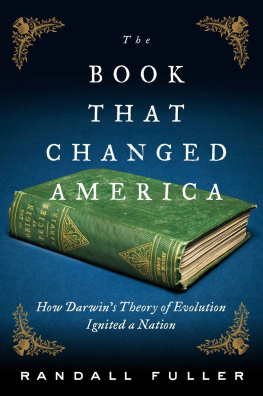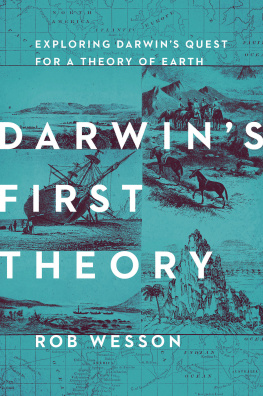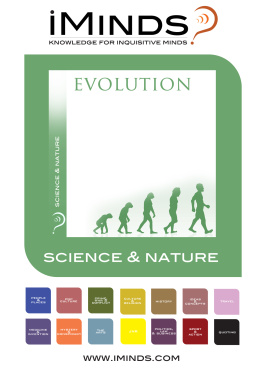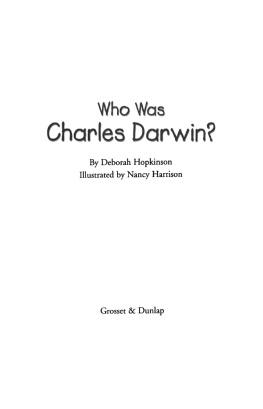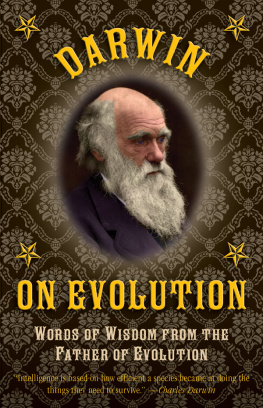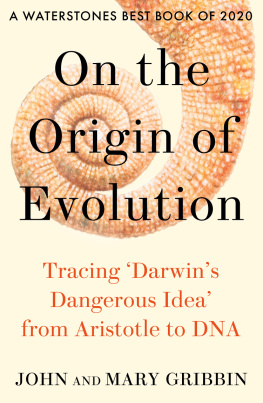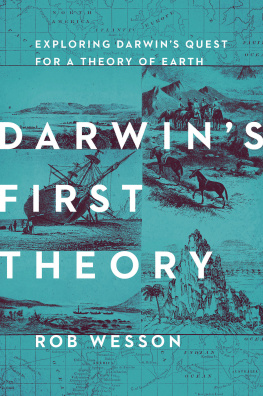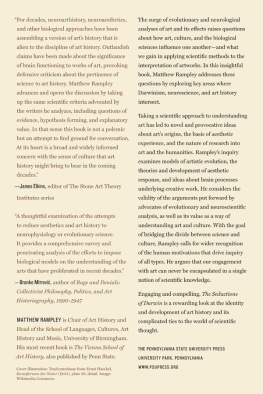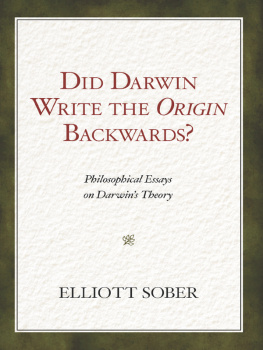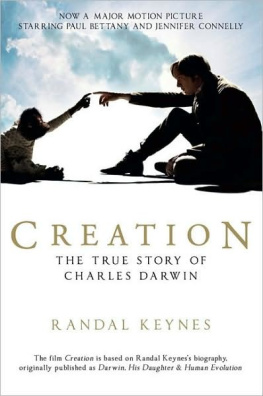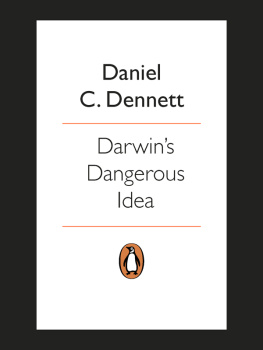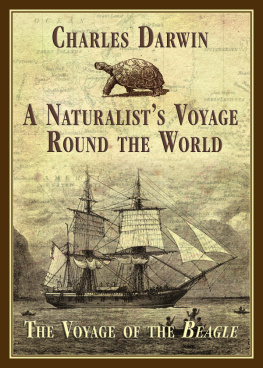Randall Fuller - The Book That Changed America: How Darwin’s Theory of Evolution Ignited a Nation
Here you can read online Randall Fuller - The Book That Changed America: How Darwin’s Theory of Evolution Ignited a Nation full text of the book (entire story) in english for free. Download pdf and epub, get meaning, cover and reviews about this ebook. year: 2017, genre: Science. Description of the work, (preface) as well as reviews are available. Best literature library LitArk.com created for fans of good reading and offers a wide selection of genres:
Romance novel
Science fiction
Adventure
Detective
Science
History
Home and family
Prose
Art
Politics
Computer
Non-fiction
Religion
Business
Children
Humor
Choose a favorite category and find really read worthwhile books. Enjoy immersion in the world of imagination, feel the emotions of the characters or learn something new for yourself, make an fascinating discovery.
- Book:The Book That Changed America: How Darwin’s Theory of Evolution Ignited a Nation
- Author:
- Genre:
- Year:2017
- Rating:3 / 5
- Favourites:Add to favourites
- Your mark:
- 60
- 1
- 2
- 3
- 4
- 5
The Book That Changed America: How Darwin’s Theory of Evolution Ignited a Nation: summary, description and annotation
We offer to read an annotation, description, summary or preface (depends on what the author of the book "The Book That Changed America: How Darwin’s Theory of Evolution Ignited a Nation" wrote himself). If you haven't found the necessary information about the book — write in the comments, we will try to find it.
Randall Fuller: author's other books
Who wrote The Book That Changed America: How Darwin’s Theory of Evolution Ignited a Nation? Find out the surname, the name of the author of the book and a list of all author's works by series.
The Book That Changed America: How Darwin’s Theory of Evolution Ignited a Nation — read online for free the complete book (whole text) full work
Below is the text of the book, divided by pages. System saving the place of the last page read, allows you to conveniently read the book "The Book That Changed America: How Darwin’s Theory of Evolution Ignited a Nation" online for free, without having to search again every time where you left off. Put a bookmark, and you can go to the page where you finished reading at any time.
Font size:
Interval:
Bookmark:

From Battlefields Rising: How The Civil War Transformed American Literature
Emersons Ghosts: Literature, Politics, and the Making of Americanists

VIKING
An imprint of Penguin Random House LLC
375 Hudson Street
New York, New York 10014
penguin.com
Copyright 2017 by Randall Fuller
Penguin supports copyright. Copyright fuels creativity, encourages diverse voices, promotes free speech, and creates a vibrant culture. Thank you for buying an authorized edition of this book and for complying with copyright laws by not reproducing, scanning, or distributing any part of it in any form without permission. You are supporting writers and allowing Penguin to continue to publish books for every reader.
ISBN: 9780525428336 (hardcover)
ISBN: 9780698186675 (ebook)
Version_1
Once again, for Juliet
I t was the best of times, it was the worst of times, it was the age of wisdom, it was the age of foolishness, it was the epoch of belief, it was the epoch of incredulity, it was the season of Light, it was the season of Darkness, it was the spring of hope, it was the winter of despair.
Charles Dickens, A Tale of Two Cities (1859)
W henever a true theory appears, it will be its own evidence. Its test is, that it will explain all phenomena.
Ralph Waldo Emerson, Nature (1836)
T he Civil War shattered and remade America, destroying the slave culture of the South and killing 720,000 men. It also temporarily obscured an event that was nearly as seminal: the publication of Charles Darwins On the Origin of Species. Like the first mortar shell to land on Fort Sumter, Darwins book would produce epochal change and unanticipated aftershocks. It would crash and rumble in expanding circles throughout the nation, disrupting old habits and beliefs, altering cherished ways of thinking, and remaking society. Ultimately the book would do to American intellectual life what the war did to its political, economic, and social spheres: blast it to pieces and then reconsolidate it in new ways.
One copy of the Origin made a disproportionately large impact on American culture. That copywhich today resides at Harvard Universitywas sent by its author to Asa Gray, a botanist who soon championed the new theory to general and scientific audiences throughout America. Gray passed his heavily annotated book to Charles Loring Brace, a social reformer who seized on the work as a powerful argument against slavery. Brace then introduced the same copy to three remarkable thinkers: Franklin Sanborn, a key supporter of the abolitionist John Brown; Bronson Alcott, the erstwhile philosopher and father of Louisa May; and Henry David Thoreau, who used Darwins theory to redirect his lifes work.
Today we think of Darwins theory of evolution as the spark that ignited the battle between science and religion. But that notion overlooks the way Darwins first American readers encountered it. Antislavery activists eagerly embraced the Origin of Species because they believed the book advanced the cause of abolition. By hinting that all humans were biologically related, Darwins work seemed to refute once and for all the idea that African American slaves were a separate, inferior species. In the immediate aftermath of the John Brown affairwhich all five of these early American readers of Darwin supportedevolutionary ideas were seen as powerful ammunition in the debate over slavery. Only after they had employed Darwins theory of natural selection on behalf of abolitionism did these five thinkers come to discover that it also posed enormous threats to their other beliefs, including their faith in God and their trust that America was a country divinely chosen for the regeneration of the world.
This book is a biography of the single most important idea of the nineteenth century. It is also an account of issues and concerns that are still very much with us, including racism, one of the most intractable problems in American life, and the enduring conflict between science and religion. Ultimately, it is shaped by a notion of its own: that ideas are like the plants and animals in Darwins theory of natural selection, shaped by their particular context, thriving or dying as a result of their ability to adapt. This process can be wrenching; it leaves people trapped between two ways of thinking and believing, stranded between two existences. But it also remakes the world.
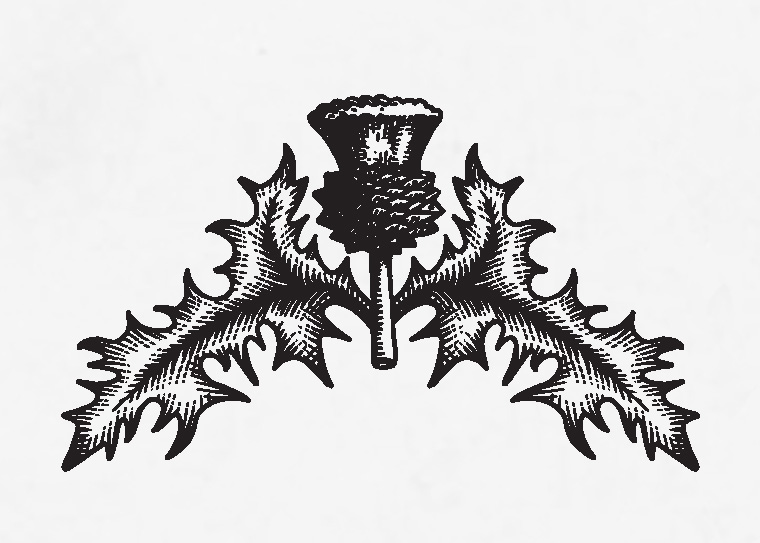
T he house on Sudbury Road belonged to Franklin Benjamin Sanborn, the schoolmaster of a small private academy in Concord, Massachusetts. It was sizable, but then so was Sanbornso tall and lanky that a Concord farmer once referred to his legs as God Almightys tongs when he strode across the stage in a melodrama written by the young Louisa May Alcott. At six foot four, Sanborn hulked and towered and loomed. Yet he often felt small and insignificant, a dwarf among the intellectual giants of a previous generation. He had been born too late to participate in the intellectual revolution of the 1830s, when Emerson and Thoreau and some half a dozen others had founded transcendentalism to protest the rampant materialism of American life. To compensate for his sense of belatedness, Sanborn rebelled. At age twenty-eight, his habitual stance toward life was that of opposition to whatever and whomsoever were for the time being in the ascendant in public affairs. He flouted tradition, courted controversy. Recently this had gotten him into trouble. For the past two months he had lived in constant icy terror that he would be arrested and tried for treasona crime punishable by death. Only through great force of will had he overcome his dread long enough to host this evenings dinner party.
Sanborns guest of honor was Charles Loring Brace, a member of an old, well-connected family from Connecticut. Among Braces numerous far-flung cousins was the novelist Harriet Beecher Stowe, whose remarkable best-selling first novel, Uncle Toms Cabin, had been published in 1852, one year before Brace himself embarked on the single greatest creative act of his life: founding the Childrens Aid Society. Brace established a Newsboys Lodging House to provide safe accommodations for the filthy army of homeless boys who sold newspapers throughout the city. In 1854 he began the program for which he is still remembered. Known colloquially as the orphan trains, his Emigration Plan transported thousands of abandoned, orphaned, and runaway children to rural areas in the West, where it was believed that healthful surroundings and stable families would transform their lives.
Brace was in Concord on this New Years Day because he had been invited by one of Sanborns closest friends and allies, Amos Bronson Alcott, the local school superintendent, to deliver a lecture, Alcotts face resembled a rumpled pillowcase. His eyes were watery blue. He was sixty years old, and he liked to walk with a gold-headed cane that had been presented to him by a coterie of young admirers in St. Louis who believed he was the most radical idealist in America. It was true: Alcott considered ideas more real than the physical world. He believed that thingstrees, apples, rivers, and swaleswere little more than a wan facsimile of higher ideals. This notion went a long way toward explaining his legendary improvidence; he once embarked on a three-month lecture tour and returned with one dollar. Another time, as a young man, he spent an entire winter peddling Yankee wares to rich southern planters, sleeping in slave quarters, and borrowing books from his hosts oak-paneled libraries, only to squander every cent he had earned on a new suit. His life would surely have been one of even greater indigence had he not married Abigail May, known as Abba and eventually immortalized as Marmee in their daughters most famous and beloved book,
Font size:
Interval:
Bookmark:
Similar books «The Book That Changed America: How Darwin’s Theory of Evolution Ignited a Nation»
Look at similar books to The Book That Changed America: How Darwin’s Theory of Evolution Ignited a Nation. We have selected literature similar in name and meaning in the hope of providing readers with more options to find new, interesting, not yet read works.
Discussion, reviews of the book The Book That Changed America: How Darwin’s Theory of Evolution Ignited a Nation and just readers' own opinions. Leave your comments, write what you think about the work, its meaning or the main characters. Specify what exactly you liked and what you didn't like, and why you think so.

